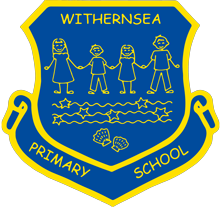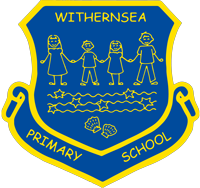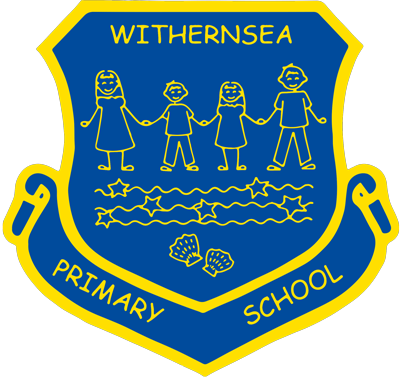Special Educational Needs and Disability
Withernsea Primary School is a mainstream school which values the abilities and achievements of all of its pupils and is committed to providing the best possible environment for learning.
All members of our school community are valued and are offered wide ranging opportunities to enable high standards of achievement; this is reflected in our school vision of ‘WPS’ – ‘Welcoming, Positive, Successful’.
The practices within school reflect our inclusive ethos from individual lesson planning responding to pupil diversity, to material resources being used to support learning and participation for all.
Further information for parents:
‘Leaders, including governors, understand the strengths and weaknesses of the school’s work.
They take decisive action to secure improvement. Consequently, the gaps in the progress made by different groups of pupils are diminishing.’
‘The curriculum supports pupils in developing positive attitudes to learning. Leaders have linked activities closely to pupils’ interests and aspirations. This has been particularly successful in engaging boys.’
‘I love school’ …
‘Teaching is improving. Teachers are successful in keeping pupils on task. They offer pupils activities which catch their imagination and motivate them to do well.’
‘Leaders have made significant improvements to early years provision. As a result, children
are making a strong start in building their skills in reading, writing and mathematics.’
‘its really fun, it makes learning fun’
‘ I would just like to say what a great help all the teachers and staff at Withernsea Primary School have been to parents/grandparents and carers during these very strange last months. Thank you’
‘Most-able pupils and those who have special educational needs (SEN) and/or disabilities generally make good progress because teachers match tasks carefully to their needs.’
Pupils are making good progress in improving their reading, writing and mathematical skills. Pupils’ progress in key stage 1 is particularly strong. Pupils are developing a range of exciting vocabulary in their writing. Pupils’ handwriting and spelling are weaker.
‘Pupils who are experiencing significant turbulence in their lives are well supported. As a result, they stay engaged in their learning.’
‘thank you for keeping me safe’
‘You have all been amazing. I hope all you teachers are proud of yourselves for the way you have conducted things throughout this pandemic. Proud to say my children are students at Withernsea Primary School’
‘I love school, its amazing, its like a second home’
‘the teachers explain really well’
‘I would like to say thank you to everyone at Withernsea Primary School for everything you have done…..you have all been amazing’
‘I love school, its a good place to learn’…
‘Pupils behave well in the classroom and around the school. Teachers support pupils with
identified behaviour difficulties well.’



